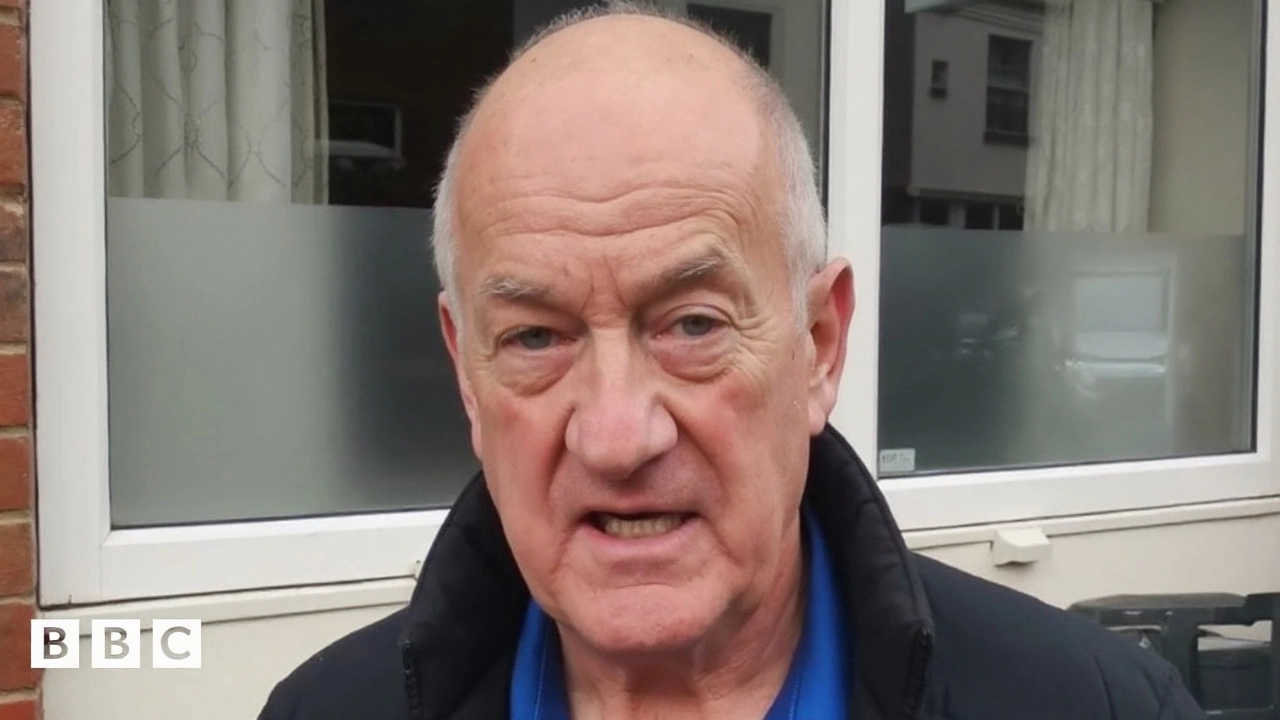
What happened and why it matters
The Angela Rayner resignation lands just months into Labour’s return to power, and it centers on a simple but damaging error: an underpaid property tax on a flat she bought in Hove earlier this summer. An independent standards inquiry concluded she fell short of the bar expected of ministers, even though it also judged she had acted in good faith.
The timeline moved fast. On Wednesday, Rayner admitted she had not paid the correct stamp duty on the purchase and immediately referred herself to the independent adviser on ministerial standards, Laurie Magnus. By Friday, Magnus had delivered his findings to Prime Minister Keir Starmer. Within hours, Rayner stepped down as deputy prime minister and as the cabinet lead on housing.
In her resignation letter, Rayner said she should have sought more specific tax advice on the transaction and accepted full responsibility. The inquiry’s conclusion that she acted in good faith mattered—but not enough to keep her in post. Standards in public life were a core promise of this government, and she acknowledged that the mistake cut against that pledge.
Starmer accepted her resignation “with real sadness,” praising her contribution to Labour’s election victory and early months in office. He also signaled that stepping aside was the right call under the rules the government says it will uphold.
This is a gut punch for Labour. Rayner was one of the cabinet’s strongest voices, a politician who connected with voters and did heavy lifting on housing policy. Her exit is not just about a tax bill; it’s about credibility on ethics. She has often attacked deliberate tax underpayment by political opponents. That contrast now turns back on Labour.
It also raises practical questions for a government that promised to move fast on housing: planning reform, renters’ protections, and building targets. Who picks up the brief? How quickly can the prime minister reset and keep the agenda moving?
- Wednesday: Rayner admits an underpayment on stamp duty and refers herself.
- Friday morning: Report delivered to the prime minister.
- Friday afternoon: Rayner resigns from the cabinet.
There’s no suggestion of concealment in the findings, which matters for the tone of the fallout. But the line between a technical error and a political liability is thin when you’re the face of a government promising high standards.

The tax at the heart of the row
Stamp duty is the property purchase tax charged in England and Northern Ireland. The rate rises with the price of the home, and there’s a higher surcharge for second homes and buy-to-lets. The core idea is simple—more expensive and additional properties incur more tax—but the rules turn complicated fast when you’re buying an extra property, claiming reliefs, or selling around the same time.
The dispute here centers on whether the correct levy was paid when Rayner bought the Hove flat. Reports suggest the mistake saved her around £40,000. That figure points to either a missed surcharge or a misapplied rate. HM Revenue & Customs typically expects stamp duty to be paid within a short window after completion; underpayments can be corrected, with interest and, in some cases, penalties.
The standards report didn’t accuse Rayner of bad faith. It did, however, say she should have sought detailed tax advice specific to her situation. That distinction is crucial. Ministerial rules don’t just police deliberate wrongdoing—they also expect careful judgment. When you hold high office, “I didn’t know” doesn’t cut it.
So what happens next on the tax front? HMRC will want the correct amount, plus interest. If they view the error as careless rather than deliberate, any penalty is usually lower. None of that eases the political cost. A clean resolution with the tax authority might close the legal chapter, but the political chapter lingers.
This case also exposes a familiar truth in British politics: technical breaches can be just as lethal as headline-grabbing scandals. Ministers have resigned over undeclared interests, confused tax statuses, and failures to update registers. Voters tend not to parse the fine print. They ask a simpler question—are the people in charge playing by the same rules as everyone else?
Rayner held the housing brief, so the symbolism cuts deeper. Housing is the government’s signature test: unlocking planning, getting shovels in the ground, and improving renters’ security. Labour campaigned hard on building more homes and clearing bottlenecks. Any pause in leadership at the department level invites delay, and this government can’t afford slow walking on housing—politically or economically.
Expect a swift reshuffle to fill both the deputy prime minister role and the housing lead. An interim arrangement would help, but the prime minister will want a permanent appointee to give investors, councils, and developers a clear signal that the policy drive continues. The longer that takes, the louder the soundtrack of drift.
Opposition parties moved quickly to frame the resignation as a test Labor failed on day-to-day standards. Conservatives have long argued that Labour’s rhetoric on ethics outstrips its discipline in office; this episode hands them an easy line. The Liberal Democrats are likely to push for more transparency on ministerial finances and cleaner guidance to avoid repeat mistakes.
Inside government, officials will be reviewing the process that led to the error. Ministers handle complex financial requirements when they enter office—tax, registers of interest, blind trusts where relevant. Many get briefings; some hire external advisers. When those steps fall short, the system looks sloppy. Expect calls for clearer, mandatory tax checklists for ministers, especially around property and outside earnings.
For Rayner, the political road is complicated but not closed. British politics has room for comebacks when the underlying issue is a fixable error rather than corruption. She remains a significant figure with strong support among activists and unions. Whether she returns will depend on how the tax matter is resolved, how the public reads her decision to step down, and how the government stabilizes in the next few weeks.
For Starmer, the next moves are about momentum. He came in promising a reset on standards—calmer government, cleaner government. This resignation will be used to test whether he holds his team to those standards consistently. Acting fast to appoint successors, keeping the housing plan on track, and avoiding mixed messages will tell the story from here.
Beyond the Westminster bubble, there’s a pocketbook angle. Plenty of buyers struggle with stamp duty rules, especially around second homes or overlapping transactions. The difference is, most people aren’t running the country. When ministers make mistakes on tax, even honest ones, it reads as “one rule for them” unless it’s handled with ruthless clarity.
There are still unknowns. We don’t have the full breakdown of the Hove transaction, the price bands involved, or the exact calculation that led to the underpayment. Those details matter for tax specialists. Politically, the gist is enough: a high-profile minister and trusted public face of the government left office over a tax error that the system says should have been avoided.
- Watch for a rapid appointment to the housing brief and deputy PM role.
- Look for confirmation that HMRC has settled the tax bill, interest, and any penalty.
- Expect tighter guidance on ministerial financial compliance, particularly around property.
- Track whether housing legislation timetables slip amid the reshuffle.
Labour can still move on—governments do. But this early in a new term, missteps carry extra weight. Voters are paying attention. A government that campaigned on trust and competence now needs to show both, on housing and on the basic rules that bind everyone else.




